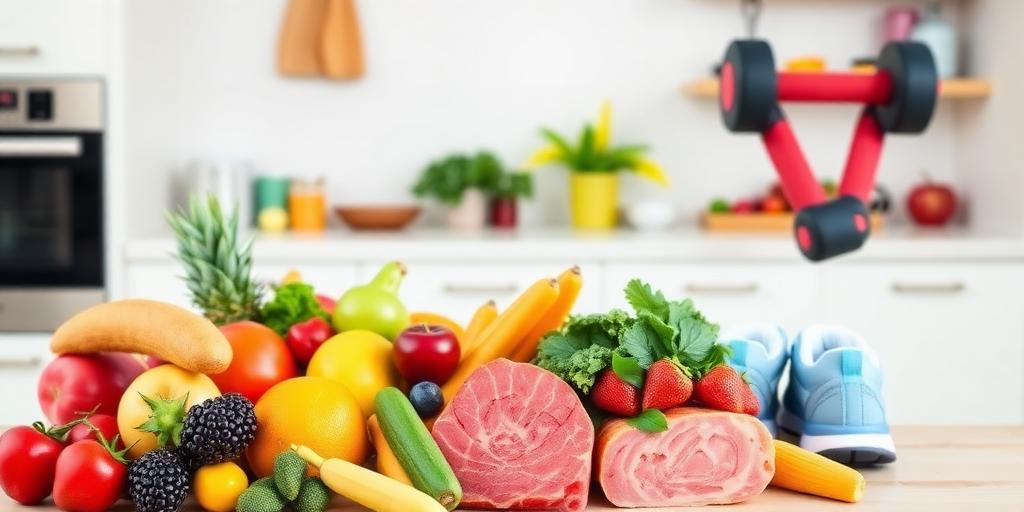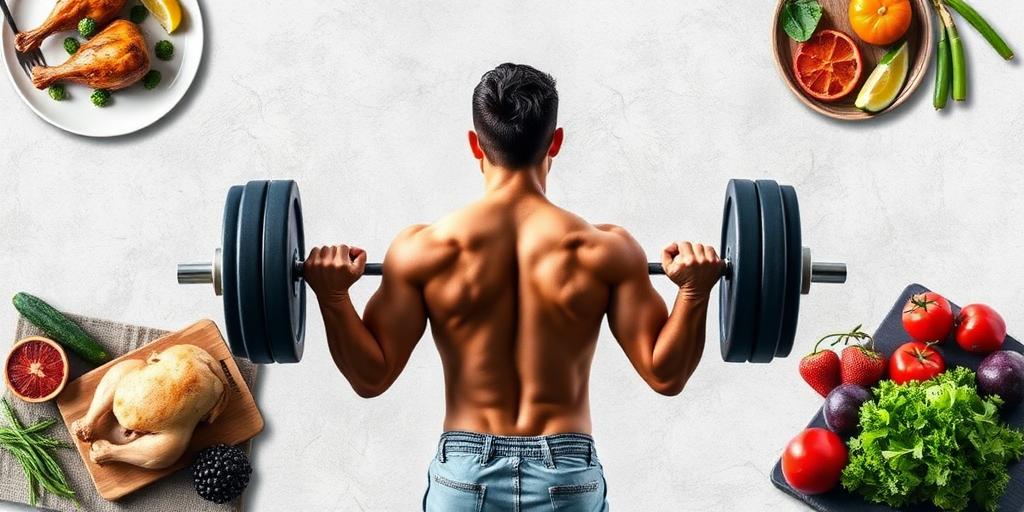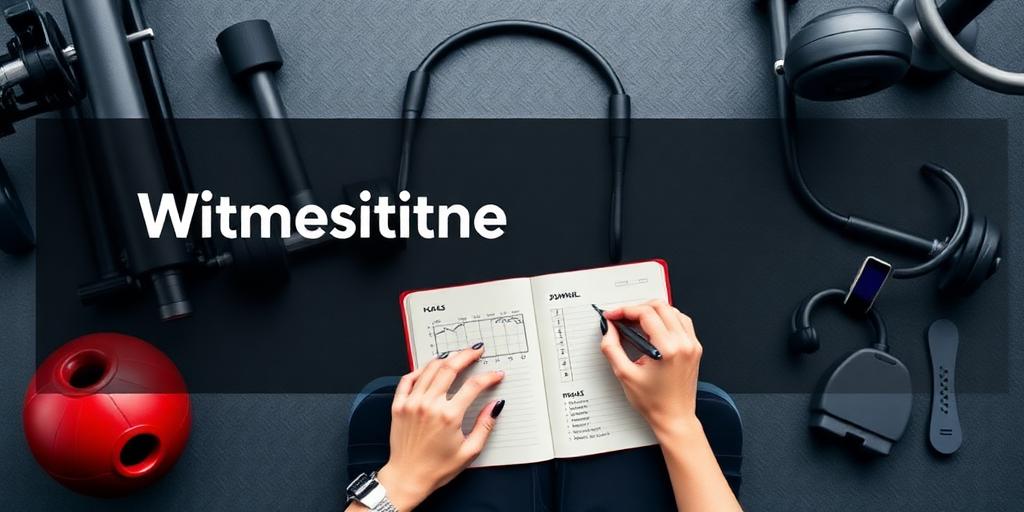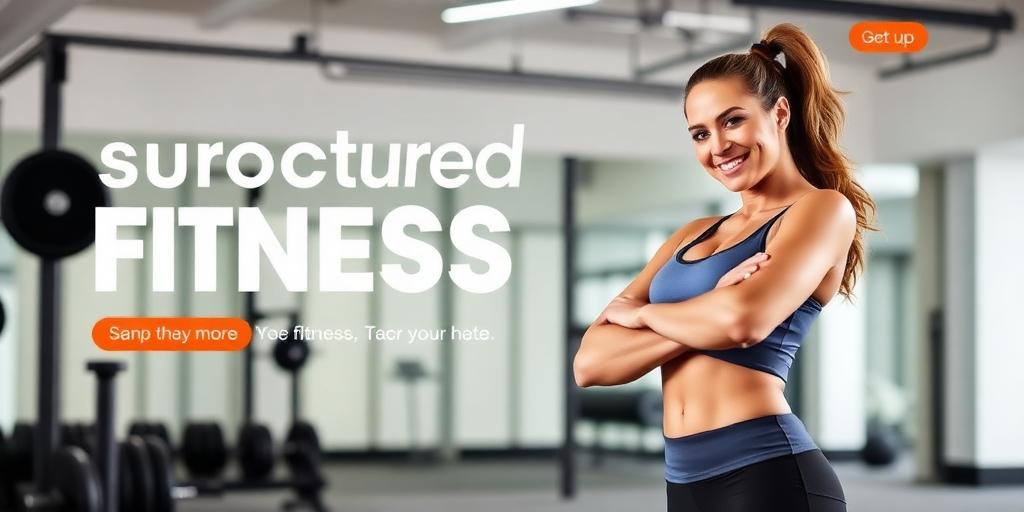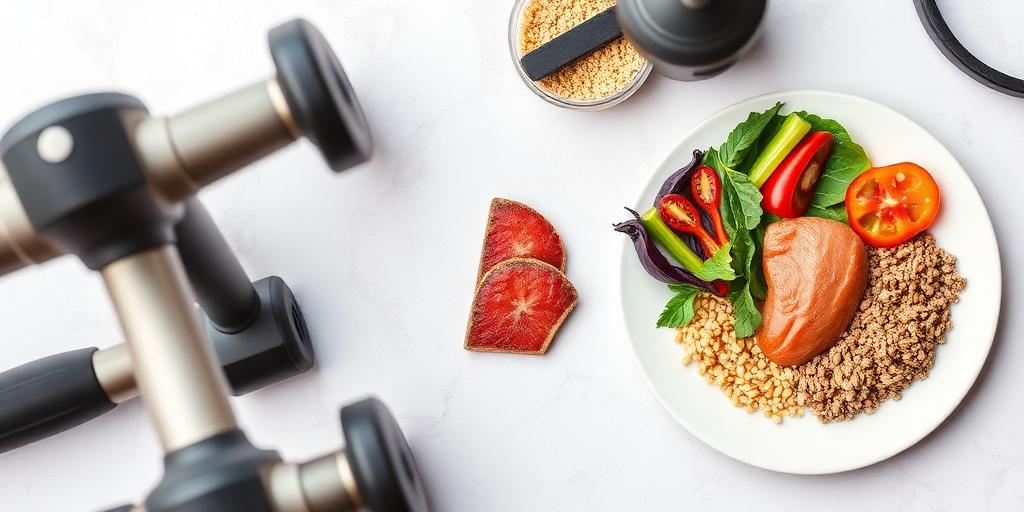Is Your Diet Sabotaging Your Fitness Goals? Nutrition Solutions
So, you're hitting the gym regularly, crushing those workouts, and feeling the burn. But are you seeing the results you expect? If not, your diet might be the culprit. It's a common pitfall – many people focus solely on exercise while neglecting the crucial role nutrition plays in achieving fitness goals. Let's explore how your diet could be sabotaging your efforts and what nutrition solutions can help you get back on track.
The Undeniable Link Between Diet and Fitness
Fitness isn't just about exercise; it's a holistic approach that includes what you fuel your body with. Think of your body as a high-performance vehicle. You wouldn't put cheap gas in a Ferrari, would you? Similarly, a poor diet can undermine even the most rigorous workout routine.
Here’s why nutrition is essential:
- Energy Levels: Food is your body's primary energy source. Without adequate nutrients, you'll struggle to power through workouts.
- Muscle Recovery: Protein is crucial for repairing and rebuilding muscle tissue after exercise. A protein-deficient diet hinders recovery and growth.
- Body Composition: Calories in versus calories out is a fundamental principle. Consuming more calories than you burn leads to weight gain, regardless of how much you exercise.
- Overall Health: A balanced diet supports overall health, boosting your immune system and reducing the risk of chronic diseases. This, in turn, allows you to train harder and more consistently.
Common Dietary Pitfalls
Several dietary habits can sabotage your fitness goals. Identifying these pitfalls is the first step toward correcting them.
- Skipping Meals:
- Why it's bad: Skipping meals can lead to energy crashes, overeating later, and a slower metabolism.
- Solution: Aim for regular, balanced meals and snacks throughout the day.
- Overeating Processed Foods:
- Why it's bad: Processed foods are often high in calories, unhealthy fats, and added sugars, with little nutritional value. They can lead to weight gain and energy slumps.
- Solution: Focus on whole, unprocessed foods like fruits, vegetables, lean proteins, and whole grains.
- Not Enough Protein:
- Why it's bad: Protein is essential for muscle repair and growth. Insufficient protein intake can hinder recovery and muscle development.
- Solution: Include protein in every meal. Good sources include chicken, fish, beans, lentils, and Greek yogurt.
- Excessive Sugar Intake:
- Why it's bad: Sugary foods and drinks can lead to energy spikes and crashes, weight gain, and increased risk of chronic diseases.
- Solution: Limit sugary beverages, candies, and processed snacks. Opt for natural sweeteners like fruit in moderation.
- Dehydration:
- Why it's bad: Dehydration can reduce energy levels, impair performance, and slow down recovery.
- Solution: Drink plenty of water throughout the day, especially before, during, and after workouts.
Nutrition Solutions to Fuel Your Fitness
Now that we've identified the problems, let's dive into practical nutrition solutions to help you achieve your fitness goals.
- Calculate Your Caloric Needs:
- Determine your daily calorie needs based on your age, sex, weight, height, and activity level. Use an online calculator or consult a nutritionist.
- Adjust your calorie intake based on your goals: a deficit for weight loss, a surplus for muscle gain, or maintenance for maintaining your current weight.
- Prioritize Macronutrients:
- Protein: Aim for 0.8-1 gram of protein per pound of body weight to support muscle growth and repair.
- Carbohydrates: Choose complex carbohydrates like whole grains, fruits, and vegetables for sustained energy.
- Fats: Include healthy fats from sources like avocados, nuts, seeds, and olive oil for hormone production and overall health.
- Plan Your Meals:
- Meal planning can help you stay on track and avoid impulsive, unhealthy choices.
- Prepare meals in advance to ensure you have healthy options readily available.
- Snack Smart:
- Choose snacks that provide sustained energy and nutrients, such as fruits, vegetables with hummus, or a handful of nuts.
- Avoid processed snacks high in sugar and unhealthy fats.
- Stay Hydrated:
- Carry a water bottle with you and sip on it throughout the day.
- Drink water before, during, and after workouts.
Sample Meal Plan for Fitness
Here's a sample meal plan to give you an idea of what a balanced diet for fitness might look like:
- Breakfast: Oatmeal with berries and nuts, protein shake.
- Lunch: Grilled chicken salad with mixed greens, vegetables, and a light vinaigrette.
- Snack: Greek yogurt with fruit.
- Dinner: Baked salmon with roasted vegetables and quinoa.
Conclusion
Your diet plays a pivotal role in achieving your fitness goals. By avoiding common dietary pitfalls and implementing practical nutrition solutions, you can optimize your performance, enhance recovery, and achieve the body composition you desire. Remember, it's not just about exercise; it's about fueling your body with the right nutrients to support your fitness journey. Embrace these nutrition solutions, and watch your fitness goals become a reality.

